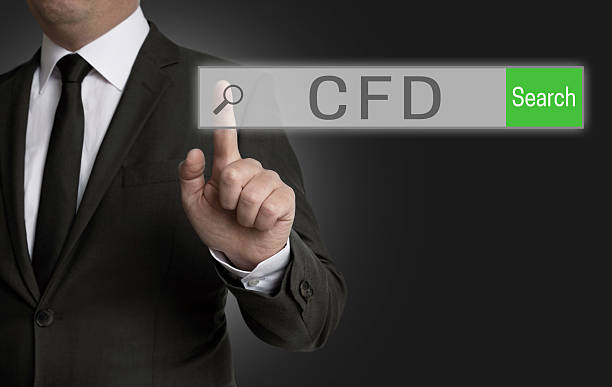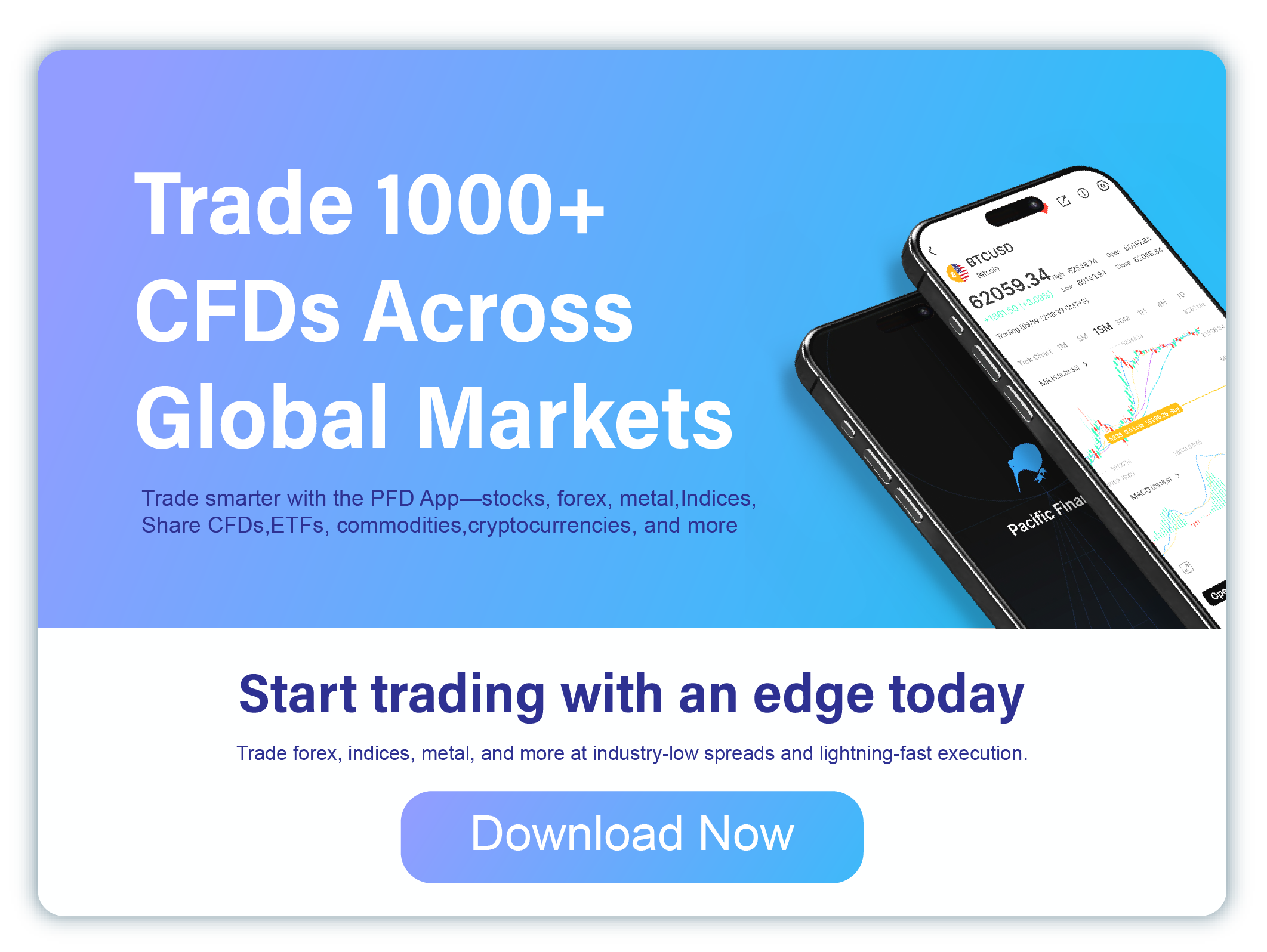Contract for Difference (CFD) trading has gained significant popularity among retail traders due to its accessibility, flexibility, and potential for profit. CFDs allow traders to speculate on the price movements of various assets, including stocks, commodities, forex, and indices, without owning the underlying asset. This unique feature of CFD trading offers a wide range of opportunities for both novice and experienced traders.
However, with the rise of CFD trading, the market has also seen the emergence of numerous brokers offering CFD services. As a result, finding a trusted CFD trading broker has become crucial for traders who wish to navigate the market effectively. In this article, we will explore the essential factors to consider when choosing a CFD broker and how to identify a trustworthy partner.
Understanding the Role of a CFD Broker
A CFD broker serves as an intermediary between traders and the financial markets. The broker provides the trading platform, executes orders, and ensures access to various financial instruments. It is essential to understand the role of a CFD broker to determine whether they align with your trading goals and needs.
CFD brokers typically offer a range of services, including:
- Access to multiple financial markets and assets
- Trading platforms for executing trades
- Leverage options for increased exposure to markets
- Risk management tools like stop-loss orders
- Educational resources and support for traders
Additionally, brokers may offer different types of accounts, including demo accounts, margin trading accounts, and more. Each account type comes with its own set of features, and choosing the right one depends on your trading experience and goals.
Why Choosing a Trusted CFD Broker is Essential
Choosing a trustworthy CFD broker is crucial to the success of your trading endeavors. A reliable broker ensures that your funds are safe, your trades are executed accurately, and your personal information is protected. On the other hand, selecting an unreliable or unregulated broker can lead to numerous problems, such as:
- Loss of funds due to fraud or mismanagement
- Delays in order execution or order slippage
- Lack of transparency regarding fees and commissions
- Difficulty in withdrawing funds or accessing account balances
The risk of falling victim to scams or unethical practices in the CFD trading space has made it even more important to carefully vet brokers before committing to a trading partnership. This is why researching and finding a trusted CFD broker is a necessary step for any trader.
Key Factors to Consider When Choosing a Trusted CFD Broker
When evaluating potential CFD brokers, there are several key factors to consider. These factors will help you determine whether a broker is trustworthy and suitable for your trading needs.
1. Regulatory Compliance and Licensing
One of the most important factors in finding a reliable CFD broker is ensuring that the broker is regulated by a reputable financial authority. Regulatory bodies set strict standards for brokers to follow, ensuring that they operate transparently and fairly. A regulated broker is also required to protect client funds by segregating them from the broker’s own operating funds.
Some of the most well-known financial regulatory authorities include:
- The Financial Conduct Authority (FCA) in the UK
- The Australian Securities and Investments Commission (ASIC) in Australia
- The Cyprus Securities and Exchange Commission (CySEC) in Cyprus
- The U.S. Commodity Futures Trading Commission (CFTC) and the National Futures Association (NFA) in the United States
If a broker is regulated by one or more of these authorities, it is a strong indication that they are trustworthy and committed to adhering to industry standards. On the other hand, brokers that are unregulated or operate in jurisdictions with weak regulatory oversight should be avoided.
2. Trading Platform and Technology
A trusted CFD broker should offer a user-friendly and stable trading platform. The trading platform is where you will execute your trades, access charts, analyze market data, and manage your account. The platform should be easy to navigate, reliable, and equipped with all the tools you need for successful trading.
Some popular trading platforms offered by CFD brokers include:
- MetaTrader 4 (MT4)
- MetaTrader 5 (MT5)
- CTrader
- Proprietary platforms developed by the broker itself
In addition to the trading platform, the broker should also offer mobile trading options, so you can trade on the go. The platform should be secure, with encryption protocols in place to protect your personal and financial information.
3. Trading Costs and Fees
Different CFD brokers charge varying fees for their services. These fees can include spreads, commissions, overnight financing charges, and more. It is essential to understand the full cost of trading with a particular broker before opening an account.
Some brokers offer tight spreads with no commission, while others may charge higher spreads but offer lower commission rates. Make sure to compare the fee structures of different brokers to determine which one offers the best value for your trading style.
Additionally, be aware of any hidden fees that may not be immediately apparent. For example, some brokers may charge inactivity fees or fees for withdrawing funds. Always read the terms and conditions carefully to avoid unexpected charges.
4. Customer Support and Service
The quality of customer support provided by a CFD broker is another essential factor to consider. A trusted broker should offer responsive and knowledgeable customer service to assist you with any issues or inquiries you may have.
The support team should be available via multiple channels, including:
- Live chat
- Phone
In addition to availability, the support team should be able to provide clear and helpful responses to your questions. A broker that offers 24/7 customer support is ideal, as this ensures that you can reach them at any time, regardless of your time zone.
5. Deposit and Withdrawal Options
A trusted CFD broker should offer multiple secure methods for depositing and withdrawing funds. These methods should include popular options such as bank transfers, credit/debit cards, and e-wallets like PayPal, Skrill, and Neteller.
Additionally, it is essential to check the broker’s policies regarding withdrawals. A reliable broker should have a transparent and efficient withdrawal process, with reasonable processing times and no unnecessary delays. Be cautious of brokers that make it difficult to withdraw funds or impose excessive withdrawal fees.
6. Leverage and Margin Requirements
Leverage is a key feature of CFD trading, allowing traders to control larger positions with a smaller amount of capital. While leverage can amplify profits, it also increases the potential for losses. Therefore, it is crucial to understand the leverage and margin requirements of a broker before opening an account.
Some brokers offer high leverage, which can be appealing to traders looking for larger exposure. However, higher leverage also carries higher risk. It is important to choose a broker that offers leverage levels that suit your risk tolerance and trading strategy.
Make sure to check the margin requirements and margin calls as well. A trusted broker should have clear and fair margin policies that prevent traders from taking on excessive risk.
7. Account Types and Demo Accounts
Different brokers offer different account types to cater to various trading needs. Some brokers may offer standard accounts, while others provide specialized accounts for professional or high-volume traders. Consider the following when evaluating account types:
- Minimum deposit requirements
- Spreads and commissions for different accounts
- Access to advanced features such as automated trading or copy trading
Additionally, many brokers offer demo accounts where traders can practice trading with virtual funds. A trusted broker should offer a demo account to allow you to familiarize yourself with the platform and trading conditions before committing real money.
8. Reviews and Reputation
Before choosing a CFD broker, it is essential to research their reputation and read reviews from other traders. Online forums, social media groups, and third-party review websites can provide valuable insights into the experiences of other traders with a particular broker.
Pay attention to both positive and negative reviews to get a balanced perspective. However, be cautious of fake reviews or biased opinions, as some reviews may be manipulated by the broker or competitors.
Conclusion
Finding a trusted CFD broker is essential for achieving success in the competitive world of online trading. By considering factors such as regulatory compliance, trading platforms, fees, customer support, and reputation, you can make an informed decision when selecting a broker. Always remember that your choice of broker can significantly impact your trading experience, so take the time to carefully evaluate potential partners.
With the right broker by your side, you can trade with confidence and make the most of the opportunities available in the CFD market.










